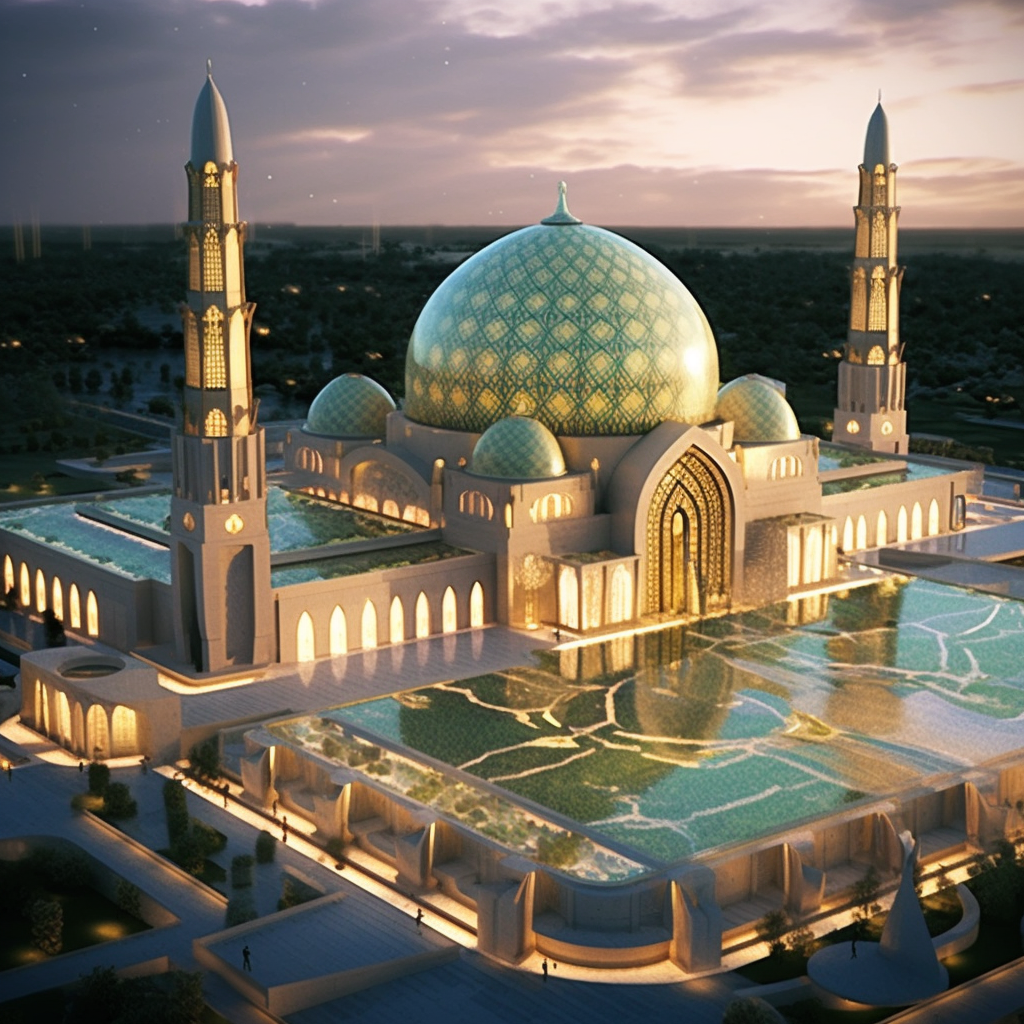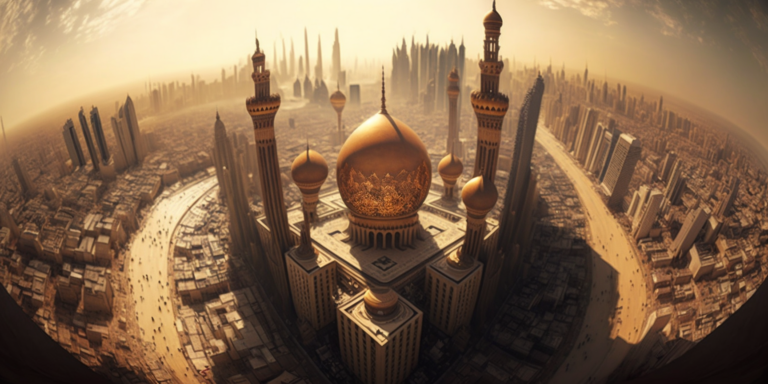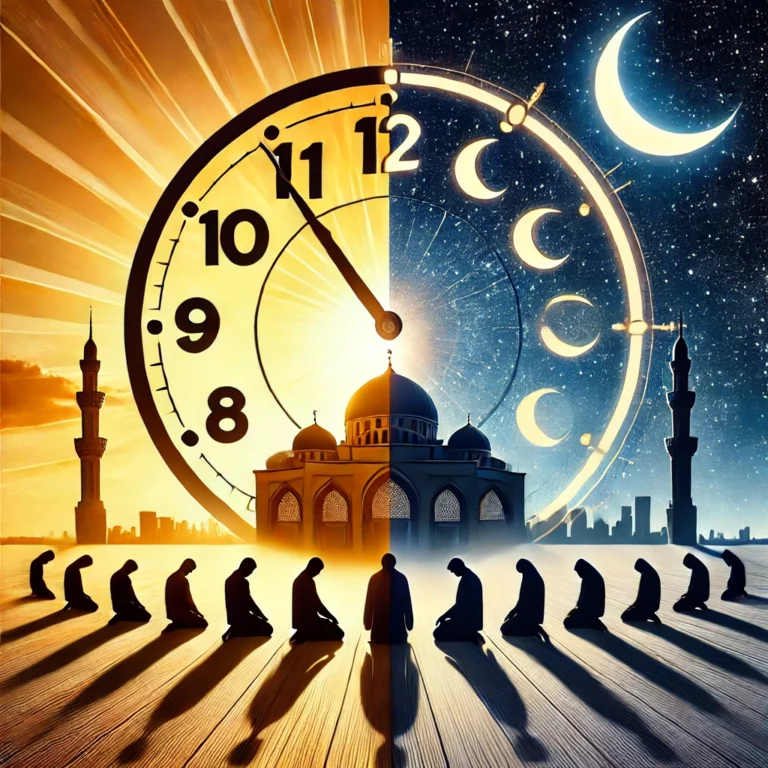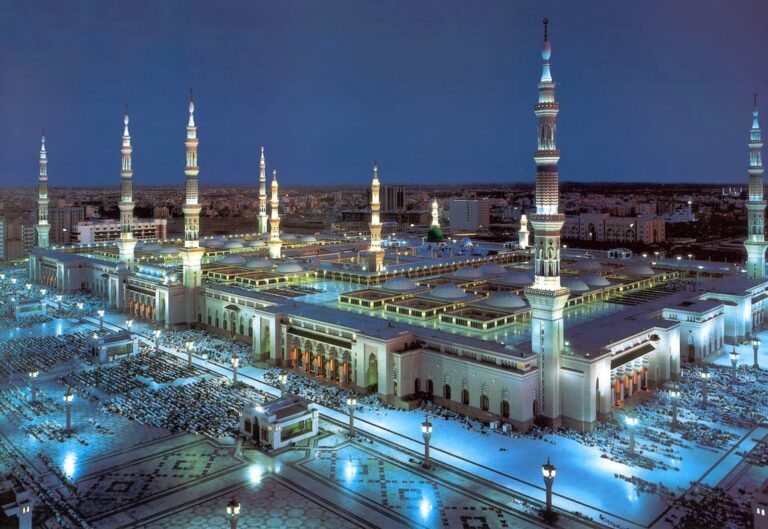Everything You Need To Know About A Mosque
Are you not familiar with a mosque? In this article, we’ll unveil the mystery of mosques – who builds them, why they exist, how people maintain them, and how you, even as a non-Muslim, can visit one.
What is a Mosque?
The word mosque is derived from the Arabic word مَسْجِد (masjid). It is a place of worship for followers of Islam, muslims. It serves as a social & spiritual hub for them. The main purpose of the mosque is to practice the congregation of 5 daily prayers and Jumu’ah, a special prayer on Friday. In addition to this primary activity, a mosque is used for other activities including religious studies, community events etc.
A mosque has many components like Mihrab, Minbar regardless of it’s size & shape. Some mosques has shared or dedicated prayer space for women.
Who builds a Mosque & how it is operated?
From the definition, it’s probably obvious now that muslims build mosques to create a dedicated space for worship and community bonding.
A mosque’s operation and maintenance varies by its location and the local practices. In many places community handles these responsibilities. Usually, they form a group, committee or board of trustees. In the USA, mosques are usually registered as tax-exempted non-profit organization.
This group manages the day-to-day operations. These tasks include cleaning, repairing, and maintaining the building. The committee also organizes the mosque’s activities. They set prayer times and appoints an Imam. The Imam is a religious leader who leads the prayers and provides religious guidance.
In some Muslim-majority countries, the government plays a central role in the construction and operation of mosques. Ministries or departments dedicated to religious affairs handle these tasks, such as constructing new mosques, appointing Imams, and providing funding.
Regardless of the management, the operation of a mosque is a team effort that reflects the commitment of muslims to their place of worship and their faith.
Why a mosque is built?
As mentioned earlier, a mosque is primarily a place for Muslims to perform their five daily prayers. Muslims are required to pray five times each day. Performing these prayers in a group, or congregation, holds great spiritual value. This idea is reflected in a saying from Prophet Muhammad (pbuh).
The prayer in congregation is twenty seven times superior to the prayer offered by person alone.
Sahih Al-Bukhari
On Fridays, the usual afternoon prayer replaced with Jumu’ah. This prayer should also be performed in congregation.
Many Muslim scholars believe that it’s mandatory for Muslim men to perform all five daily prayers, in addition to Jumu’ah, in the mosque. There are exceptions for valid reasons. For muslim women, praying in the mosque is optional. Highlighting the importance of congregational prayers, the Prophet Muhammad (pbuh) once expressed:
No doubt, I intended to order somebody to pronounce the Iqama of the (compulsory congregational) prayer and then I would go to the houses of those who do not attend the prayer and burn their houses over them.
Sahih Al-Bukhari
This statement underscores the significance Islam places on communal worship, leading us to understand why a proper place for congregation is crucial. Therefore, mosques are built to provide Muslims with a dedicated space to fulfill these religious obligations appropriately.
Can non-muslims visit a mosque?
Non-Muslims can usually visit a mosque. Most mosques welcome everyone, regardless of their faith. They often invite visitors who want to learn about Islam. However, each mosque might have its own visiting policies. Also not every mosque has arrangement for non-muslims. So, it’s a good idea to call the mosque before you visit. They can guide you about the best times to come and any specific rules to follow.
You should dress modestly when you visit a mosque. This act shows respect for the religious space. Also, you usually need to remove your shoes before entering the main prayer area. You should behave quietly and respectfully. Visiting a mosque offers a chance to learn about Islamic culture and religion firsthand.






